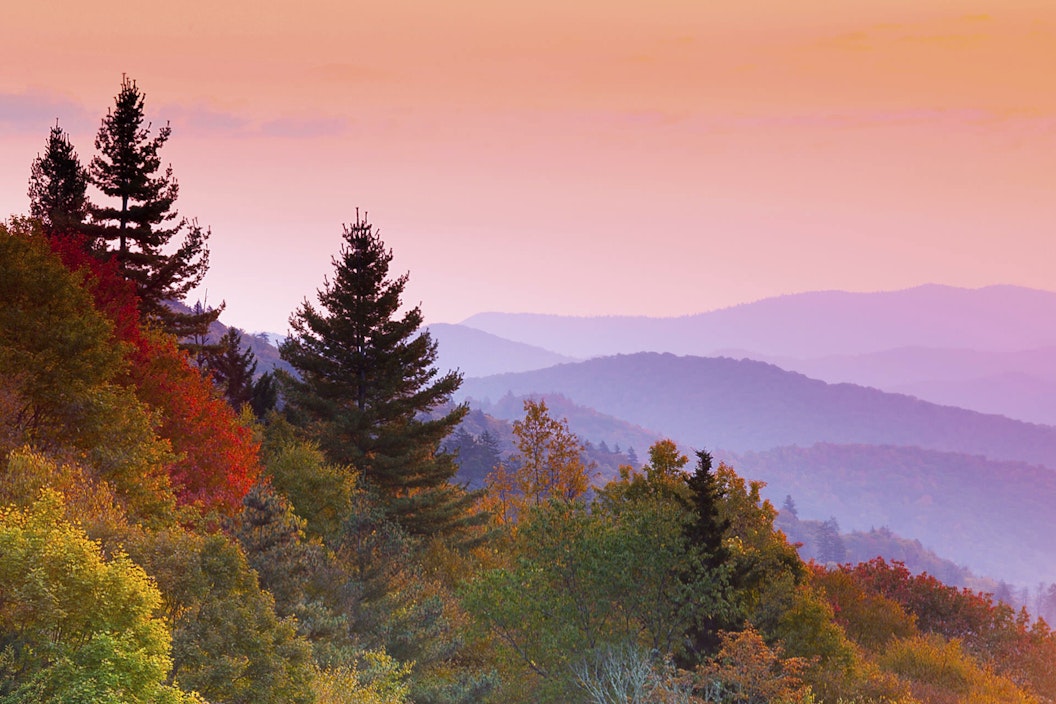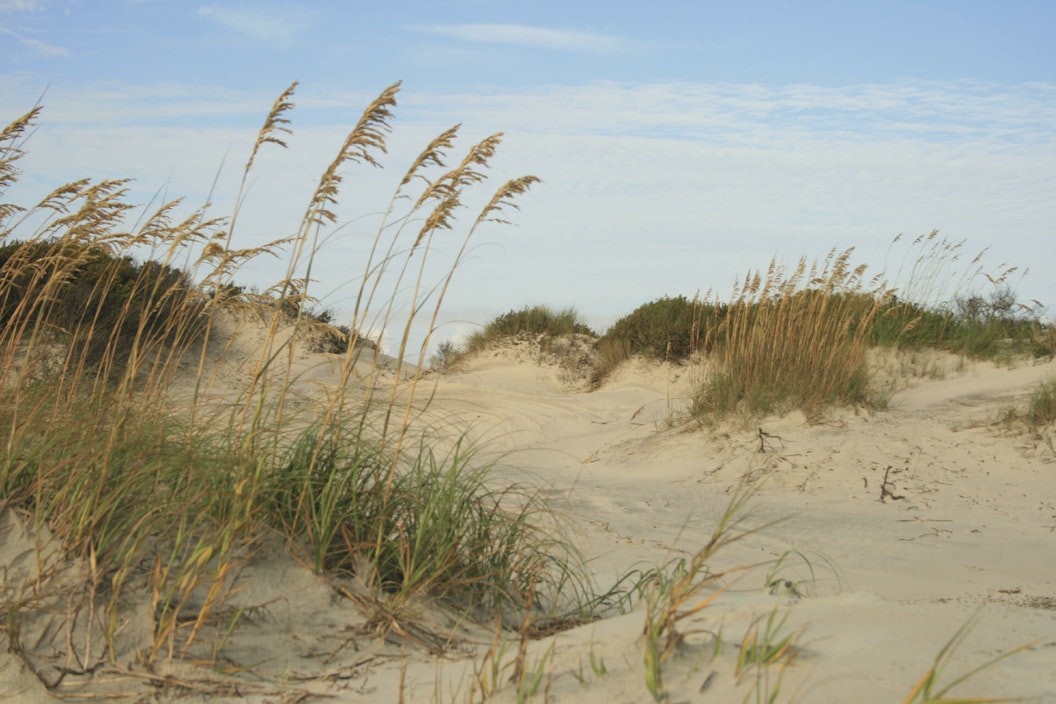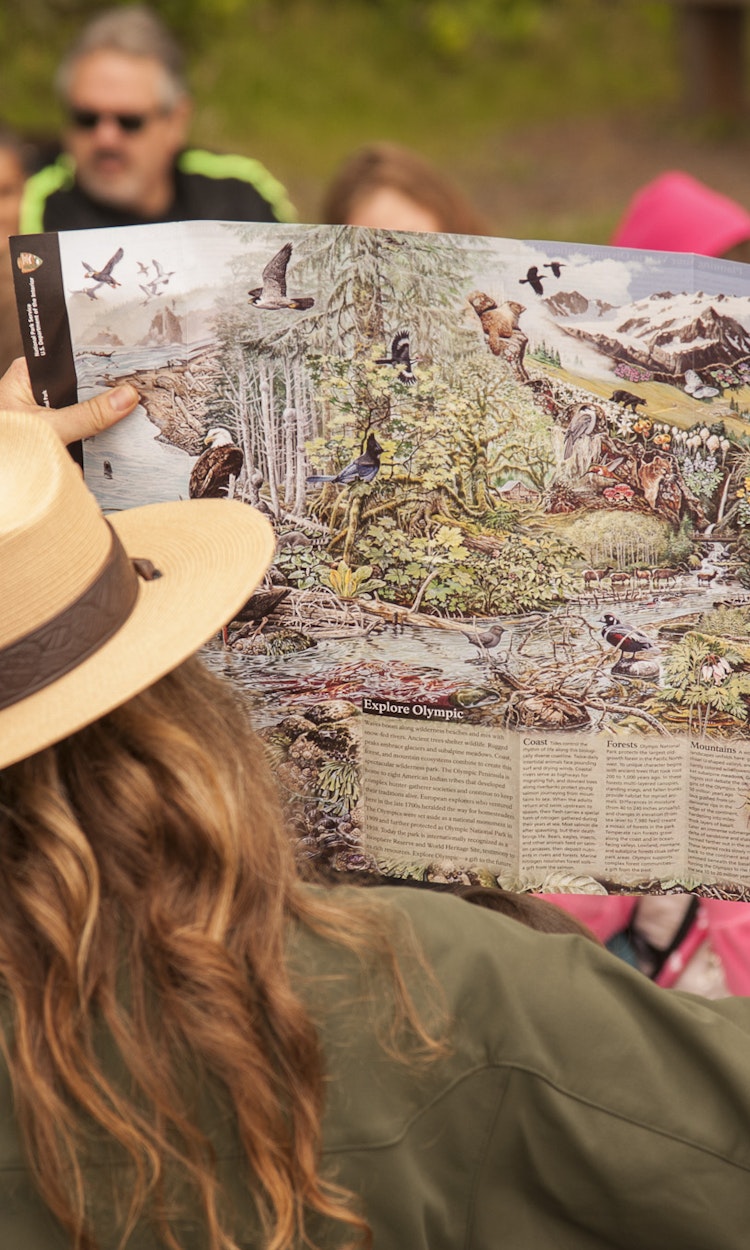
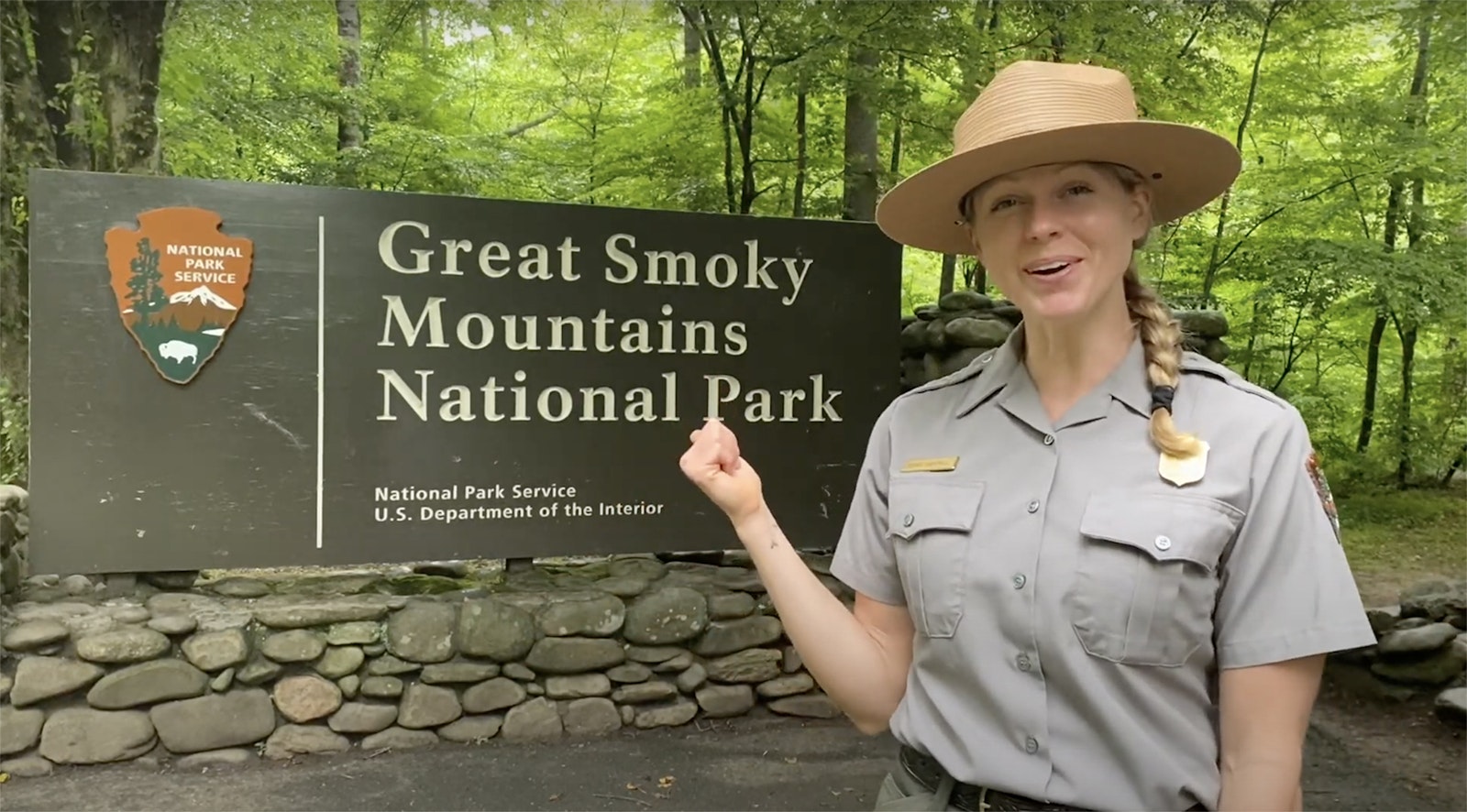
.
.
Each year the seasons change and the tell-tale signs of fall appear, including colorful leaves, crisper air, and an earlier setting sun. But the surest sign that fall is upon us is the sense of excitement and curiosity among children as they embark on a new school year.
Students will surely learn many lessons throughout the year, whether that be in a classroom, through a textbook, a distanced and virtual program, or otherwise. The National Park Foundation (NPF) is helping to enhance these lessons by connecting students to hands-on learning opportunities in our country's most immersive and wondrous outdoor classrooms: our national parks. NPF connects students to national parks and local outdoor spaces in new and exciting ways, including through virtual field trips, thanks to our Open Outdoors for Kids Hybrid Learning program, an extension of NPF's signature field trip grant program.
The Hybrid Learning program is piloting innovative distance learning techniques that connect students, teachers, and families to the local natural, cultural, and historical resources found in our national parks. The program makes classroom lessons come to life wherever students are learning.
Let’s look at some of the unique learning experiences that the Open Outdoors for Kids Hybrid Learning program has made possible:
Castillo de San Marcos National Monument
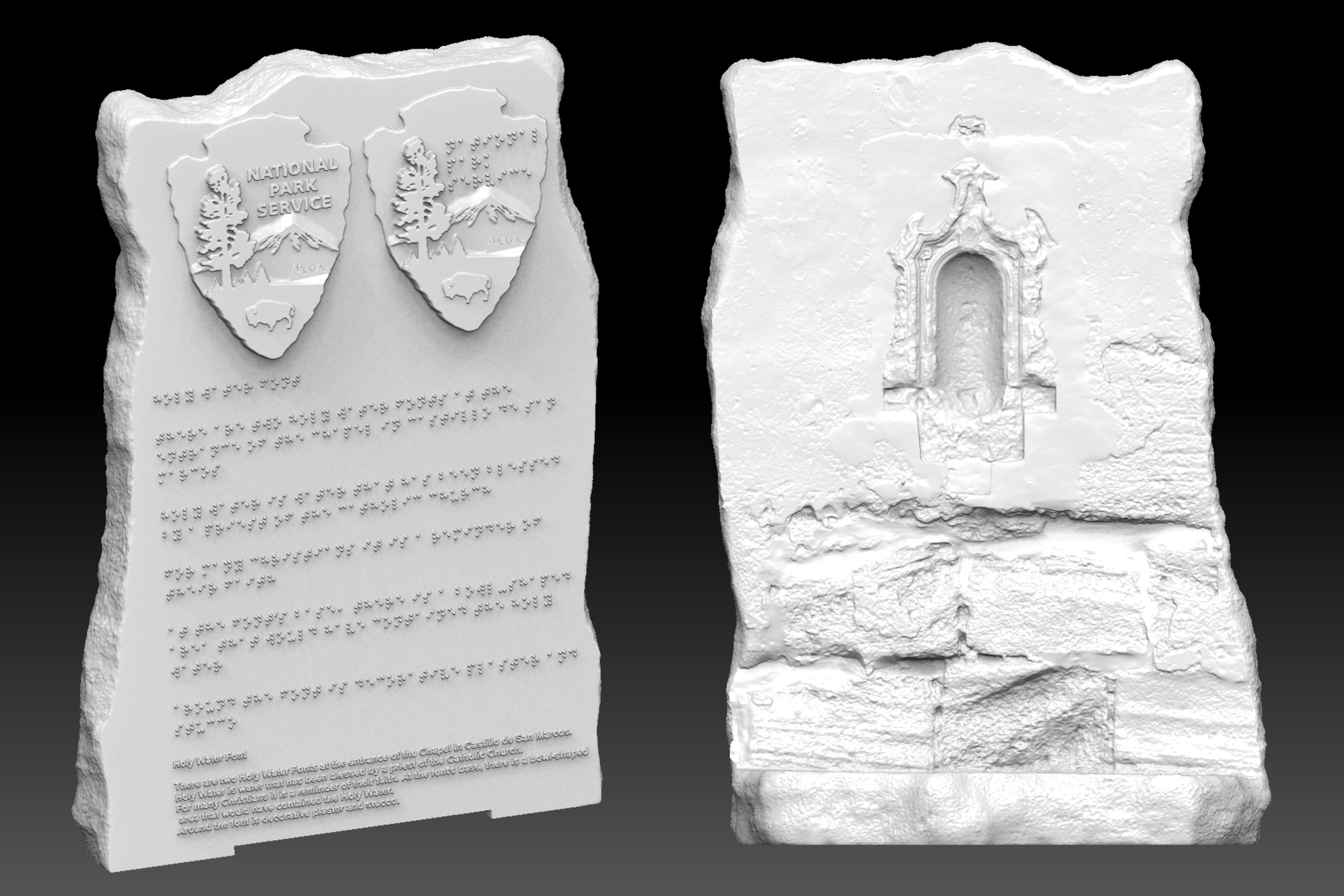
Castillo de San Marcos National Monument and the Florida School for the Deaf and Blind have partnered on a new curriculum that provides virtual field trips for those with visual impairments and blindness. Students follow along with ranger videos, which include verbal and audio descriptions, while feeling 3D models of the structures described in the videos. While students may not be able to physically be in the park, the elements of place-based learning are achieved through these 3D models and hands-on activities. Each video will also include a challenge to participating students to get outside and experience a park or the outdoors with family or friends. The rangers will share ways to explore Castillo de San Marcos, as well as opportunities in other national parks.
Cumberland Island National Seashore
Georgia’s Cumberland Island National Seashore has converted many of their in-person field trips to distance learning opportunities for students across the country. The park has also piloted a virtual summer camp where students explore nature in their own backyards using their senses. The summer camp program speaks to the unique experiences of students, challenging them to conduct observations in their local communities, parks, and yards and then to record their observations; use the information they gather to make informed hypothesis; and draw conclusions related to Cumberland Island. While the park has expanded their program to include these virtual opportunities, they will also provide in-person, outdoor field trips to local 4th graders during the 2021-2022 school year.
Everglades National Park
Rangers at Everglades National Park livestreamed into classrooms to interact with students in real time while showcasing the South Florida wetland habitat of the park and answering students' questions. While most of the students participated in the program virtually from their home or classroom, a small set of teachers and students physically joined the ranger in the park to experience the activities. The lessons are curriculum-based and interactive, providing an array of resources that meet diverse learning styles and needs. Virtual programming includes real-time ranger guided tours through the many ecosystems and habitats of the Everglades, as well as book readings, sunrise meditations, art lessons, and more.
Great Smoky Mountains National Park
Great Smoky Mountains National Park and its on-site environmental education center, the Great Smoky Mountains Institute at Tremont, have developed a series of ranger-led, interactive field trips that explore the many facets of this Southern Appalachian park.
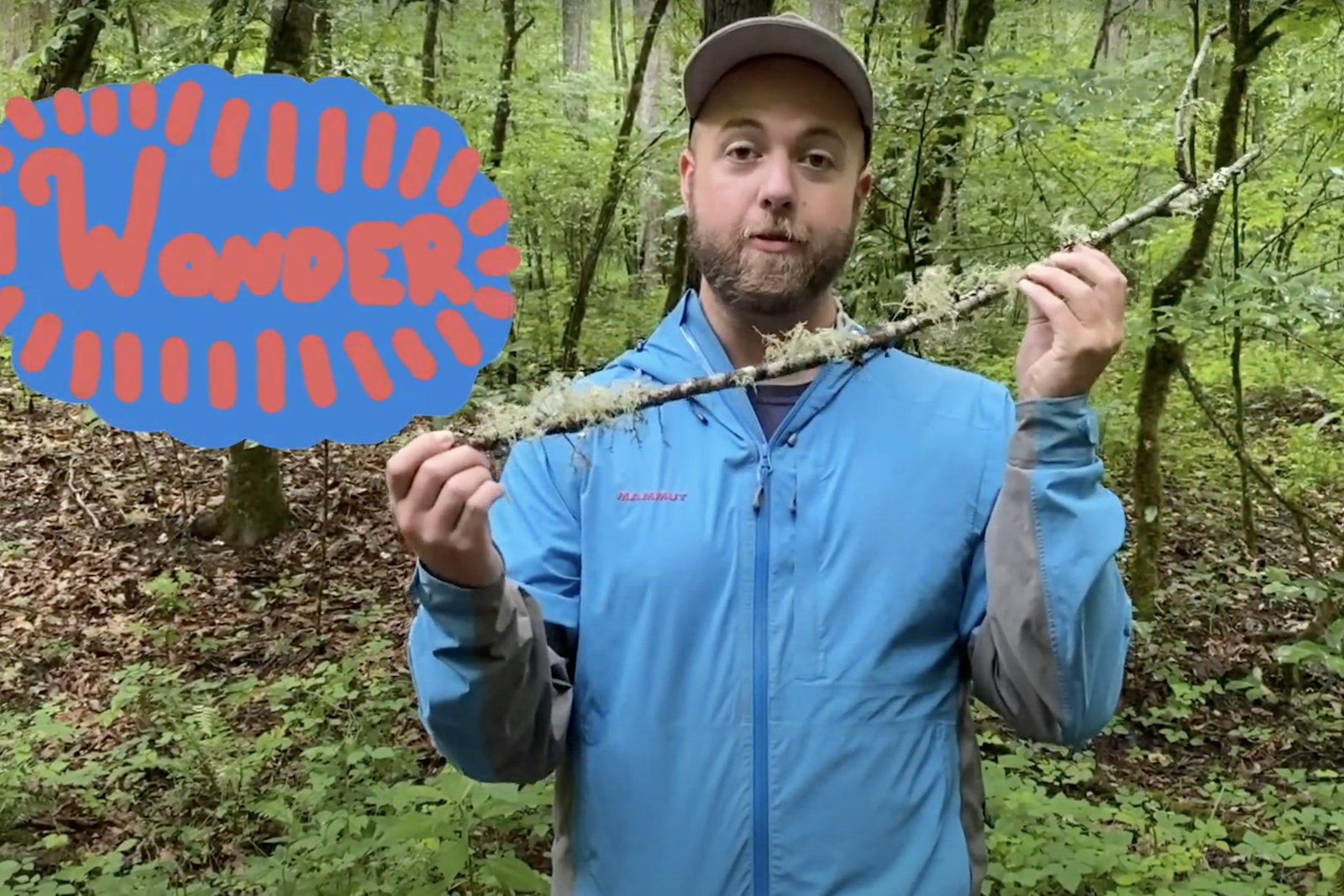
These modules start with a video that shows rangers collecting data in the park, exploring subjects like native insects and ecosystems, impacts of climate change, air and water quality, sensitive plants, and more. The videos introduce an issue, and the ranger-led virtual experiences engage students in deeper exploration. An accompanying teacher activity shows teachers how to support their students as they perform a similar study at school or even in their own backyards. Teachers also get instruction in teaching data analysis, utilizing math, drawing, journal, or other activities to help students make meaning of the world around them.
Related Programs
-
 Open OutDoors for Kids
Open OutDoors for Kids

